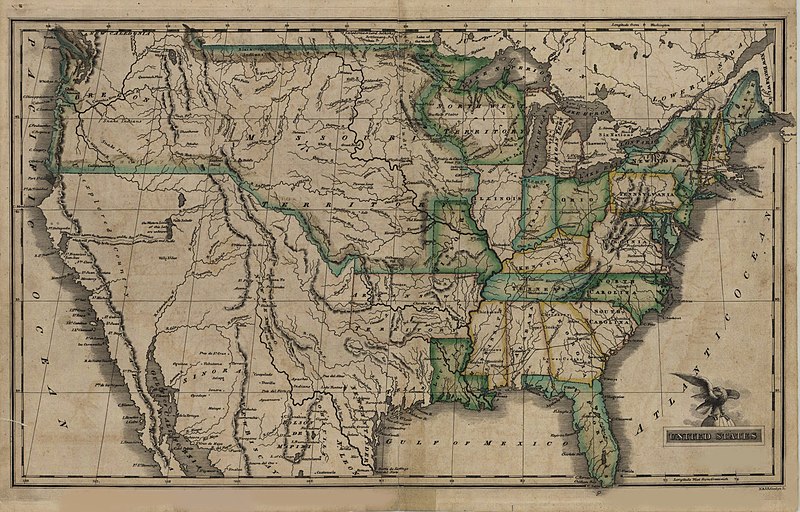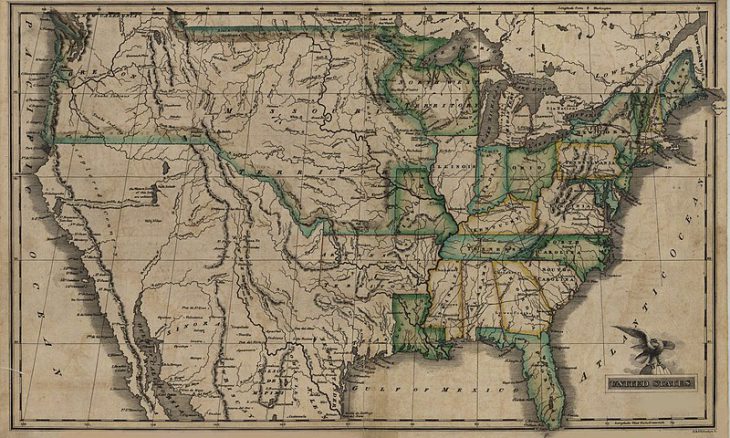Powers Reserved to the States

The Tenth Amendment to the United States Constitution states, “The powers not delegated to the United States by the Constitution, nor prohibited by it to the States, are reserved to the States respectively, or to the people.”
The framers of the Constitution were mindful of the need to set limits on government and designed the Constitution so that the states would give specific power to the federal government and not vice versa. Under the Tenth Amendment, the states are assumed to have powers that are not given away, and the federal government has only the power it receives and that are enumerated or listed in the Constitution.
Reserving power for state governments helps maintain the balance of power between the states and the federal government. It also allows states the freedom to try out different ideas and programs, which is why states have sometimes been called “laboratories of democracy.”
From the beginning, the Tenth Amendment had been construed as not depriving the federal government of authority to resort to all means at the expense of a granted power, where appropriate.
The amendment met an early test in 1819 in McCulloch v. Maryland where the Supreme Court justices held that the federal government has implied or “unenumerated powers” under Article I, Section 8 of the Constitution, in a section called the “necessary and proper” clause. The Court established that congressional power extends beyond the scope of the Constitution and that state governments cannot interfere with the federal government. In doing so, the justices defined the scope of congressional power and clarified the relationship between state and federal government.
The Court’s decision was upheld in U.S. v. Darby (1941) when the Court affirmed the constitutional power of Congress to regulate interstate commerce.
A 1997 case, Printz v. United States, concluded that state legislatures are not subject to federal direction. The Court explained that while Congress, through the Brady Act, may require the federal government to regulate commerce directly—in this case by performing background checks on applicants for handgun ownership—the Necessary and Proper Clause does not empower it to compel state governors to fulfill its federal tasks for it, even temporarily.
Since the overturning of Roe v. Wade in the 2022 decision of the Supreme Court in Dobbs v. Jackson, federalism has entered into everyday discussions. The Legal Information Institute defines federalism as a system of government in which the same territory is controlled by two levels of government. Generally, an overarching national government is responsible for broader governance of larger territorial areas, while the smaller subdivisions, states, and cities govern the issues of local concern. Both the national government and smaller political subdivisions have the power to make laws and both have a certain level of autonomy from each other. In returning the regulation of abortion to the states, the Court gave back to the people, through its locally elected state representatives, the right to determine how to regulate abortion within its boundaries, removing it as a federal issue.
Federalism is crucial to reducing conflict by letting states tailor their regulations and laws to the ideological and cultural preferences of the citizens. Things are done differently in Texas than in California, or in South Carolina as opposed to Massachusetts. Following the Dobbs decision, a number of states have already passed or are in process of passing bans or restrictions on abortion.
Because of the Dobbs decision, many in the legal profession are anticipating a new wave of states’ rights cases. States have challenged the federal government recently, such as in West Virginia v. EPA, which challenged a federal climate change regulation, or Biden v. Texas, where the administration sought to enforce immigration policies at the U.S.-Mexico border. The Supreme Court docket for its 2022-2023 term is already being filled and it will be interesting to see which Tenth Amendment case will be next.
God’s laws are always about justice. So, in considering state law or federal law, the Law of the Lord is supreme. “But the one who looks into the perfect law, the law of liberty, and perseveres, being no hearer who forgets but a doer who acts, he will be blessed in his doing” (James 1:25).
How then should we pray?
- For the justices of the Supreme Court and federal judges as they hear cases regarding the Tenth Amendment.
- For state legislatures as they determine how they will regulate or restrict abortion.
- For courts on the local, state, and federal levels as they consider the jurisdictions of rights to certain regulatory measures.
- For wisdom for state attorneys general and secretaries of the states as they review the regulatory standards of state governments against the federal government.
- That state governors would be discerning as they promote and urge their legislatures to action on various issues.





